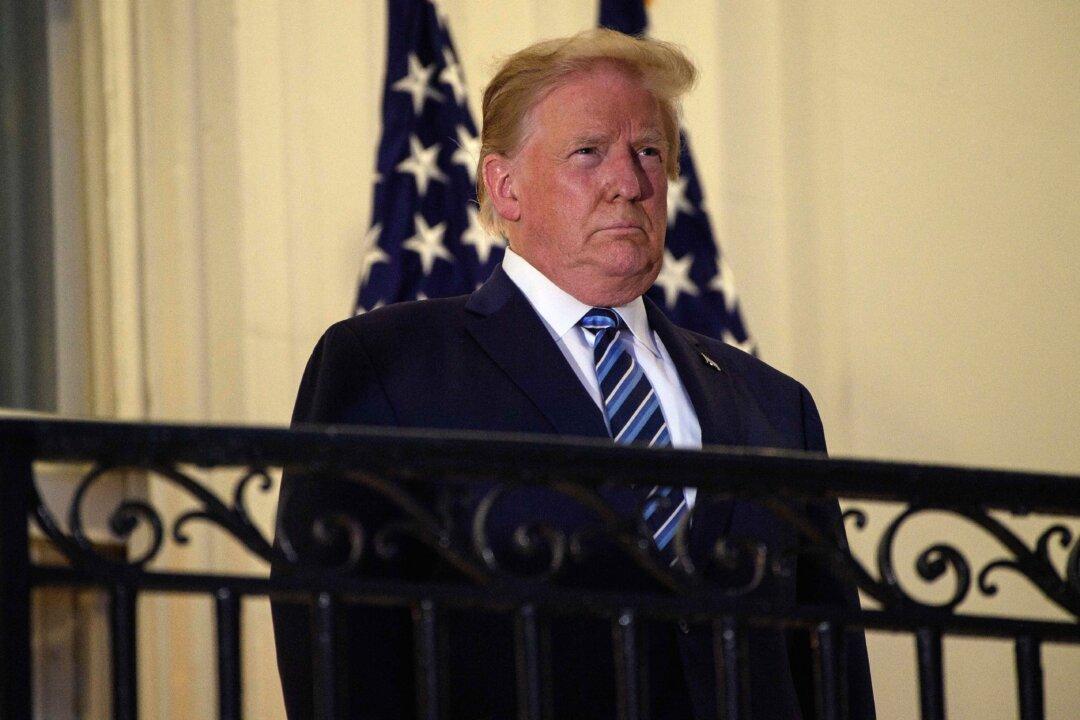News that U.S. President Donald Trump appears to be recovering quickly from COVID-19, the disease caused by the CCP virus, appears to have disappointed Chinese state-run media, which often reflects the Chinese Communist Party’s (CCP) official opinion.
“Trump’s medical team said that he hasn’t fully recovered. ... He will receive 24 hours of medical care in the White House. ... He will work online or postpone all election campaigns,” state-run media Xinhua reported within hours after Trump was discharged from Walter Reed National Military Medical Center late on Oct. 5.





